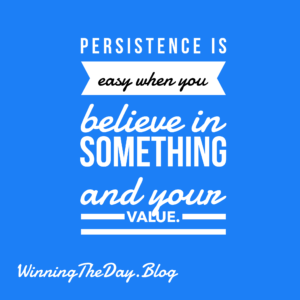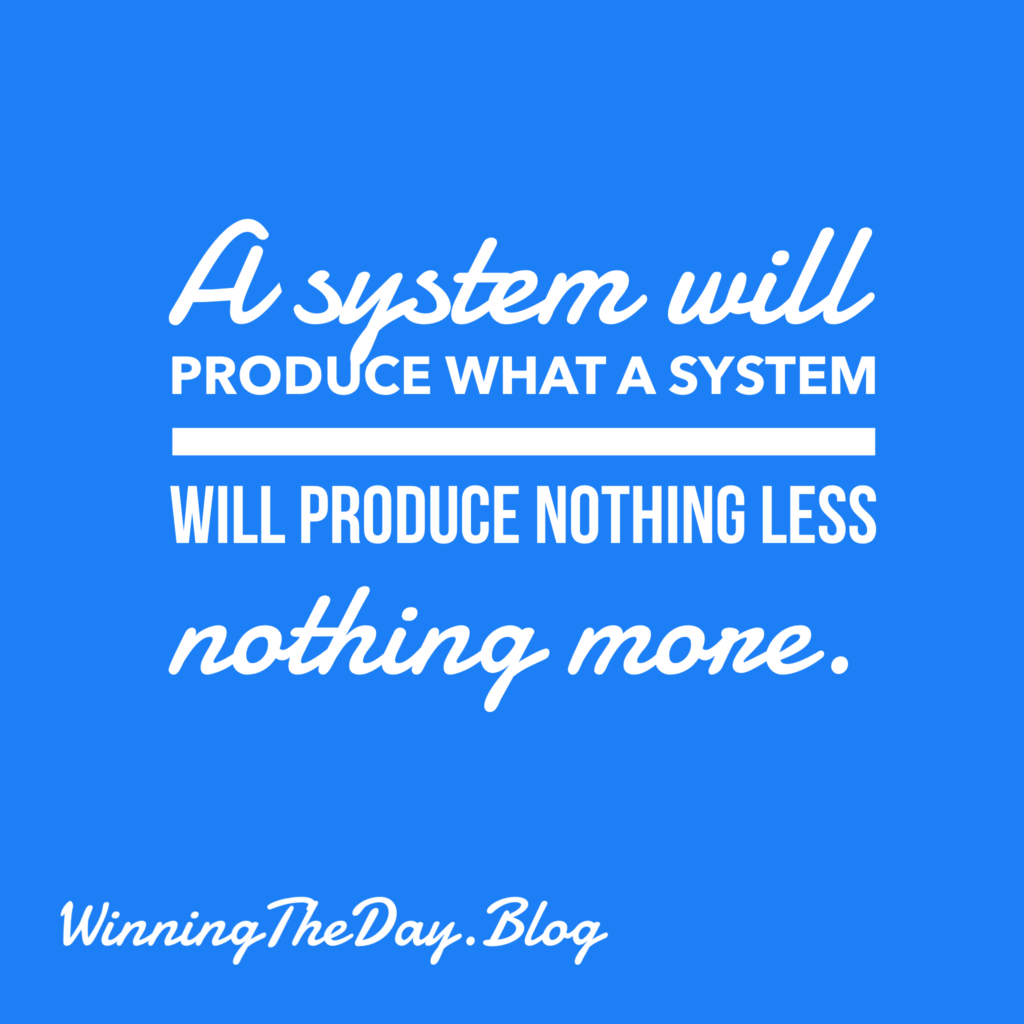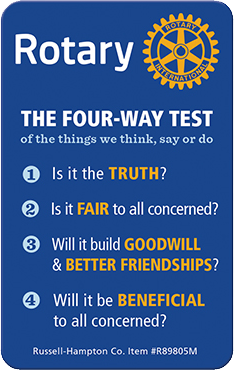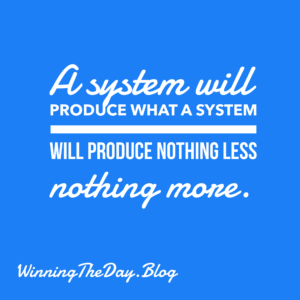Persistence is different than pressure!
In the competitive world of real estate, it’s not enough to simply make initial contact. The top 1% of agents understand the crucial difference between persistence and pressure—and they know that consistent follow-up is essential for closing deals.
Why Persistence Pays
The numbers paint a clear picture: most agents give up far too soon. They’re leaving money on the table by not consistently following up with potential clients.
| Sales Contact Attempts | Outcome | The Opportunity |
| 1st Contact | Only 2% of sales are made. | |
| 5th to 12th Contact | A staggering 80% of sales happen here. | |
| Leads Receiving 2+ Contacts | Yet, only 25% of leads ever receive a second contact. | This is where you dominate! |
Research specific to real estate further reinforces this. Agents who persisted with five or more follow-ups earned over $100,000 more per year than those who stopped at three.
Persistence vs. Pressure: Understanding the Difference
What separates effective persistence from off-putting pressure? It comes down to intent and approach.
- Persistence: This is about genuinely caring about your clients’ needs and providing consistent value. It’s about building relationships, offering helpful information, and staying top-of-mind without being pushy.
- Focuses on: Understanding client needs and goals, providing relevant and valuable information (e.g., a neighborhood market report or specific tax insight), building rapport and trust, and following up consistently.
- Pressure: This is about focusing solely on making a sale, often at the expense of the client’s experience. It involves high-pressure tactics, aggressive communication, and ignoring the client’s needs.
- Focuses on: Closing the deal at all costs, using pushy sales tactics, disregarding client concerns, and ultimately damaging relationships.
How to Be Persistently Effective
Since we know 80% of sales happen between the 5th and 12th contact, your success depends entirely on your system:
- Develop a Follow-Up System: Implement a CRM or other system to track your leads and ensure consistent follow-up. Don’t rely on memory!
- Provide Value with Every Contact: Don’t just call to “check in.” Offer valuable information, market insights, or helpful resources.
- Personalize Your Communication: Tailor your messages to each client’s specific needs and preferences.
- Be Patient and Respectful: Understand that people make decisions on their own timelines. Be respectful of their space and avoid being pushy.
Persistence, when done right, is about building relationships and providing value. It’s the key to unlocking significant success in real estate. Don’t give up after just one or two attempts. By consistently following up and focusing on your clients’ needs, you can significantly increase your sales and build a thriving business.
And that is how we win the day!







